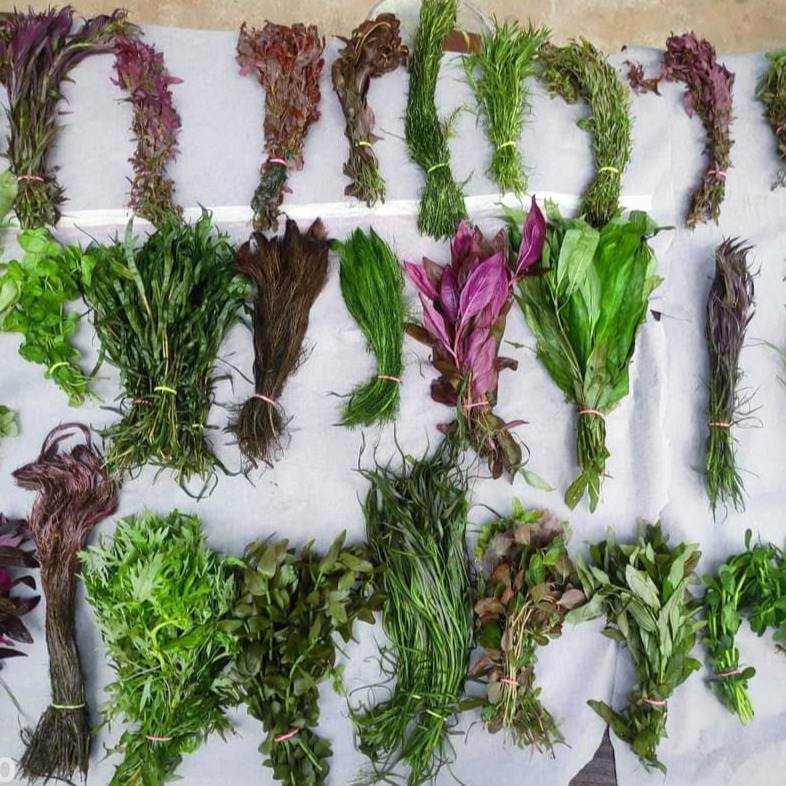Top 10 best Plant-Based Innovative Foods in 2025
In 2025, the plant-based food industry is seeing incredible innovation due to consumer desire for sustainable practices, health benefits, and genuine plant experiences. The top ten innovative plant-based foods influencing the future are listed below:

1. A Variety of Plant Proteins Other Than Pea and Soy
Protein sources are being expanded by innovators to include algae, lentils, fava beans, and chickpeas. These substitutes give customers more options and improved health advantages by enhancing taste, texture, and nutrition.
2. Foods Made Using Whole Plant Ingredients
Products made from whole plants, such as hazelnuts, pistachios, chestnuts, and beets, are becoming more and more popular. These ingredients, which emphasize natural, identifiable ingredients over processed imitations, can be found in ready meals, dairy substitutes, and vegetable spreads.
3. Plant-Based Fermented Foods
The usage of fermented foods, including kimchi, as stand-alone items and as components in prepared meals and plant-based meat alternatives is growing. Fermentation improves flavor and has positive effects on gut health.
4. Ingredients of Aquatic Plants

Seaweed and other sea vegetables are becoming popular as sustainable, high-nutrient additions to main courses, spices, and snacks. They are well-liked by consumers who are concerned about their health because of their nutritious density and environmental advantages.
5. Ingredients with a clear label and transparency
Clean labels devoid of artificial substances are a top priority for consumers. To satisfy this need, plant-based goods are coming up with new ways to use basic, natural, and minimally processed components.
6. Improved Profiles of Nutrition
Foods made from plants are being developed to increase their protein, fiber, and antioxidant content. Chicory root fiber (FIBRULINETM) and pea protein isolate (PISANETM T9) are two examples of ingredients that maintain flavor while promoting blood sugar control and digestive health.
7. Creative Dairy Substitutes
In contrast to conventional soy or almond milks, new dairy substitutes made from nut combinations, like pistachios and hazelnuts, offer better flavor, texture, and nutrients.
8. Plant-Centered Ingredients in Plant-Based Ready Meals
Instead of imitating animal goods, ready meals are focusing on traceability and naturalness, making plant ingredients the primary draw. Customers looking for genuine plant-based culinary experiences will find this strategy appealing.
9. Ingredients for Resilient and Sustainable Farming
The future of plant-based diets is being supported by developments in sustainable agriculture, such as precision farming and bioinputs, which are creating plant ingredients with less of an adverse effect on the environment.
10. Sustainable and Repurposed Innovations
Upcycled materials and environmentally friendly packaging are being used by food makers to cut waste and their environmental impact, which is in line with industry and consumer sustainability objectives.
These developments demonstrate a move away from merely copying animal products and toward savoring the special characteristics of plants, enhancing diets, and embracing sustainability. Customers who are concerned about their health and the environment will have a wide variety of fascinating options when it comes to plant-based foods in 2025.


0 Comments